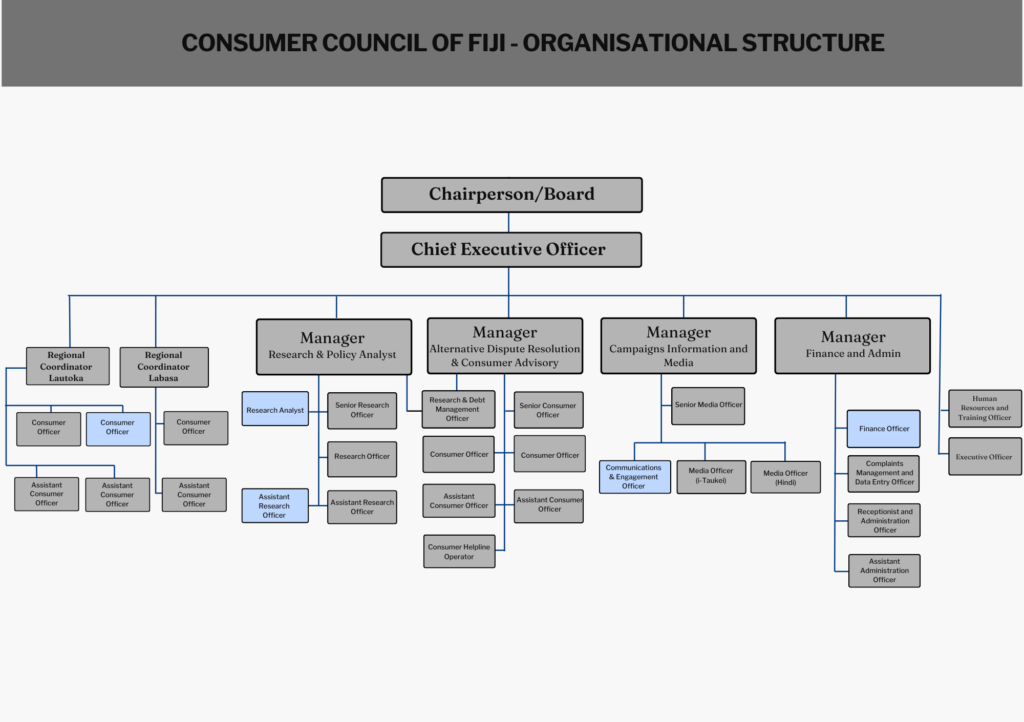
WHO ARE WE
The Consumer Council of Fiji (CCoF) is an independent statutory body established under the Consumer Council of Fiji Act -1976 (Cap 235). The Council, as a watchdog protects the rights and interests of consumers by promoting a fair and just delivery of goods and services.
The Consumer Council is primarily an advocacy organization, conducting rigorous research and policy analysis on key consumer issues. CCoF’s insight into consumer need is a powerful tool for influencing decision-makers to bring about change. The Council protects the vulnerable groups such as rural poor, physically and mentally challenged, children and women by identifying and articulating the policy issues that are of importance to the consumers.
OUR VISION
Empowering Consumers.
OUR MISSION
The trusted go-to consumer movement, which enhances consumer welfare and stakeholder engagement to influence policy decision making.
WHAT DO WE DO?
The Council is committed to achieving positive change for consumers.
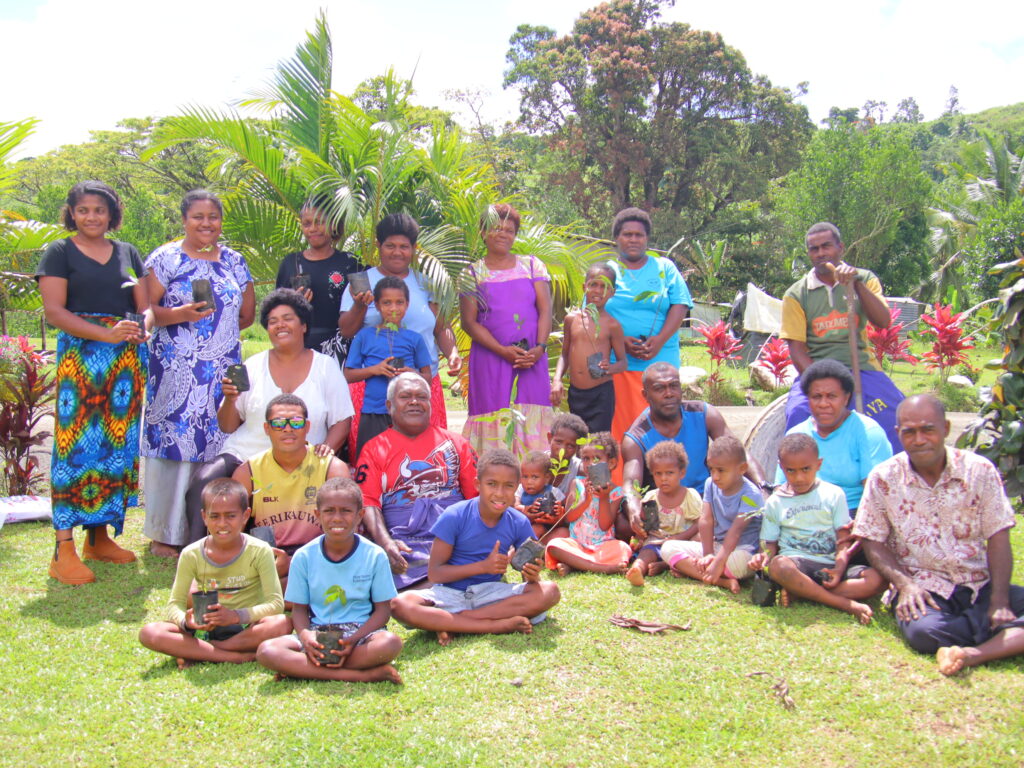
As a small organization with limited resources, the Council plays an active role as a catalyst and facilitator for positive change in the marketplace in a professional, impartial and ethical manner. The Council independently represents the voice of all consumers in Fiji
through advocacy, independent submissions, mounting campaigns and engaging with multisectoral partners. Key areas include:
- Advocacy and education.
- Market surveillance and trader visit;
- Research and policy analysis; and
- lobbying for policy changes.
OUR VALUES
C – We have the utmost CARE for consumers’ views, expressions and their right to protection.
A – We are ACCOUNTABLE to all stakeholders and our vision and mission.
R – We are committed to strengthening our RELATIONSHIP with our stakeholders.
E – We strive for EXCELLENCE in all aspects of our work.
OUR PRINCIPLES
Campaign fearlessly to change the policies and practices that adversely affect consumer interests; Maintain a highly disciplined result-oriented focus that maximizes impact for consumers; Maintain objectivity in resolving consumer complaints without fear or favor; and Build a strong financial management and sound operating procedures.
ABOUT THE CONSUMER COUNCIL
The Consumer Council of Fiji (CCF) is a statutory body established under the Consumer Council Act (Cap 235). The Council, as a watchdog protects the rights and interests of consumers by promoting a fair and just delivery of goods and services. First and foremost, the Consumer Council is an advocacy organization, conducting rigorous research and policy analysis on key consumer issues. CCF’s insight into consumer need is a powerful tool for influencing decision-makers to bring about change. The Council protects the vulnerable groups such as rural poor, physically and mentally challenged, children and women by identifying and articulating the policy issues that are of importance to the consumers.3.2 Board members are appointed by the Minister for Industry and Trade for a term or terms as the Minister may determine.
The Chairperson of the Council reports to the Minister. The Board of Directors appoints the Chief Executive Officer to lead and manage the Council affairs within the legal framework and by maintaining high ethical standards.
From corporate governance perspective, a Board Charter is in place that sets the rules and procedures within which the Board functions.
FUNCTIONS OF THE COUNCIL
Section 6 of the Consumer Council Act stipulates the functions of the Council. The Council is required to do such acts and things it considers necessary or expedient to ensure that the interests of the consumers of goods and services are promoted and protected. These functions include: Advising the Minister on such matters affecting the interests of the consumers; Making representations to the Government or to any other person/organizations on any issues affecting the interests of consumers; Collecting, collating and disseminating information in respect of matters affecting the interests of consumers; Supporting or maintaining legal proceedings initiated by a consumer, where such support is deemed necessary; Conducting research and investigations into matters affecting consumers; Advising and assisting consumers on matters affecting their interests; Co-operating with any person, association or organization outside Fiji having similar functions and becoming a member of or affiliate to any international organization concerned with consumer matters; and Soliciting and accepting for the purposes of the Council any money, land, or other property from the Government, any local authority, public body, organization, or person by way of grant, subsidy, donation, gift, or otherwise.
The Consumer Council Act1976 was amended in 1992 by Decree No 23. The amendment deleted a few key functions of the Council to promulgate the “Trade Standards and Quality Control Decree 1991”. Whether the amendment decree reduced the specifically listed functions to prevent the CCF from actually carrying out these functions is a matter of legal interpretation. As long as the amendment does not prohibit the carrying out of the three functions, the general power of the Council can be invoked to continue to carry out research, and/or examination or testing of goods and services, and receiving and acting on consumer complaints. The overriding function is to ‘do all such acts and things that it may consider necessary or expedient to ensure that the interests of consumers of goods and services are promoted and protected’ [s6 (1)]. The 1992 amendment to the Consumer Council Act seems to be redundant as consequential amendments were not made to the Act.
SERVICES OF THE COUNCIL
1. Campaigns, Information & Media Division
To empower consumers with knowledge and information to bring about reforms in policy and practice that adversely affect consumer interests.
2. Alternative Dispute Resolution & Consumer Advisory Division
To assist consumers in resolving complaints through alternative dispute resolution,advisory services and legal representation.
3. Research & Policy Analysis Division
To identify and undertake broad-based and complaints driven research on key consumer protection legislations that promote and protect consumer interests through necessary policy changes.
HOW CAN WE HELP?
The Council is divided into three departments, each with its own distinguished function. These are:
CAMPAIGNS, INFORMATION & MEDIA – To empower consumers with knowledge and information to bring about reforms in policy and practice that adversely affect consumer interests.
ALTERNATIVE DISPUTE RESOLUTION & CONSUMER ADVISORY – To assist consumers in resolving complaints through alternative dispute resolution, advisory services and legal representation.
RESEARCH & POLICY ANALYSIS – To identify and undertake broad-based and complaints driven research on key consumer protection legislations that promote and protect consumer interests through necessary policy changes.
OUR EXPERIENCE
Since its establishment following the introduction of the Consumer Council of Fiji Act 1976, the Council has now become a household brand name in Fiji, giving rays of hope to Fijian consumers whose rights have been violated in the marketplace. As per the Consumer Council of Fiji Act 1976, the Council has powers to do such acts and things it considers necessary or expedient to ensure that the interests of the consumers are promoted and protected. These include:
- Advising the Minister on such matters affecting the interests of the consumers;
- Making representations to the Government or to any other person/organizations on any issues affecting the interests of consumers;
- Collecting, collating and disseminating information in respect of matters affecting the interests of consumers;
- Supporting or maintaining legal proceedings initiated by a consumer, where such support is deemed necessary;
- Conducting research and investigations into matters affecting consumers;
- Advising and assisting consumers on matters affecting their interests;
- Co-operating with any person, association or organization outside Fiji having similar functions and becoming a member of or affiliate to any international organization concerned with consumer matters; and,
- Soliciting and accepting for the purposes of the Council any money, land, or other property from the Government, any local authority, public body, organization, or person by way of grant, subsidy, donation, gift, or otherwise.
Ms. Mereseini Baleilevuka (Chairperson)
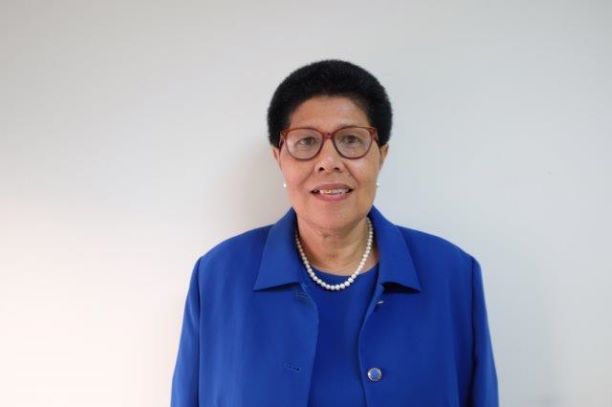
Ms. Baleilevuka is a seasoned educator, business leader, and community advocate with over four decades of experience in education and leadership. She holds a Bachelor of Arts in English Language, Literature, and Education from the University of the South Pacific and began her career as a teacher before rising to become Principal and Chief Operations Officer at Freebird Institute Ltd.
Ms. Mereseini is the Founding Principal of Namaka Public Freebird Institute and has served in various leadership roles including at Ba Provincial Freebird Institute. Her expertise spans educational leadership, youth development, and entrepreneurship. She currently serves as a board member and Secretary of the Fiji Indigenous Business Council and has been a long-serving board member for FRIEND Fiji.
A passionate advocate for women, youth, and faith-based initiatives, she is a certified Christian Worker and Evangelism Trainer. Her dedication to service, education, and community empowerment continues to positively impact lives across Fiji.
Ms. Elizabeth Algar (Deputy Chairperson)
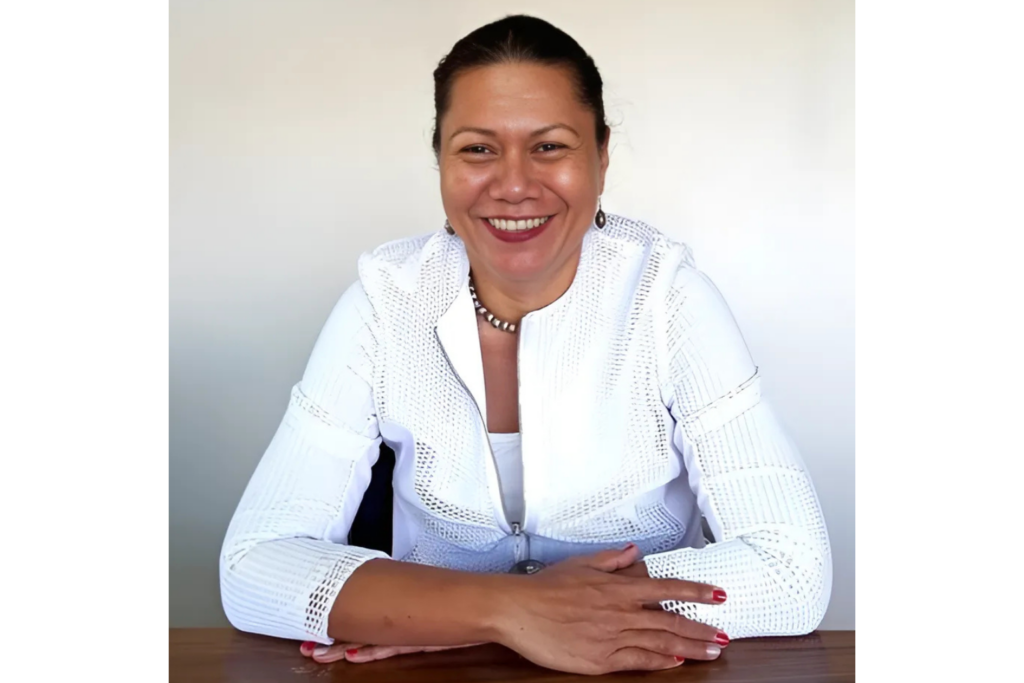
Ms Elizabeth Algar has proven value as a strategic advisor with multidisciplinary groups, a visionary and servant leader with over 15 years combined senior executive experience in corporate services, strategic management, MSME coaching & mentoring, education, aviation and human resources development. Her current corporate services portfolio includes managing strategic, finance, HR development & recruitment, asset, general administration, and property management. As a consultant, Elizabeth has completed projects for Palladium, Cardno, IUCN, iTaukei Affairs Board, RFMF and the Ministry of Education to name a few.
She holds a Masters in Business Administration from USP and is also an Australian qualified trainer and chef. Elizabeth previously worked at International Red Cross, Australia-Pacific Technical College (APTC), and Fiji Airways. Her board memberships have included Chairperson for Nasinu & Nausori Town Councils. Ms. Elizabeth inspires to be a role model to aspiring women leaders who like her will step out in faith and be an amazing leader in her spheres of influence.
Mr. Shiu Raj
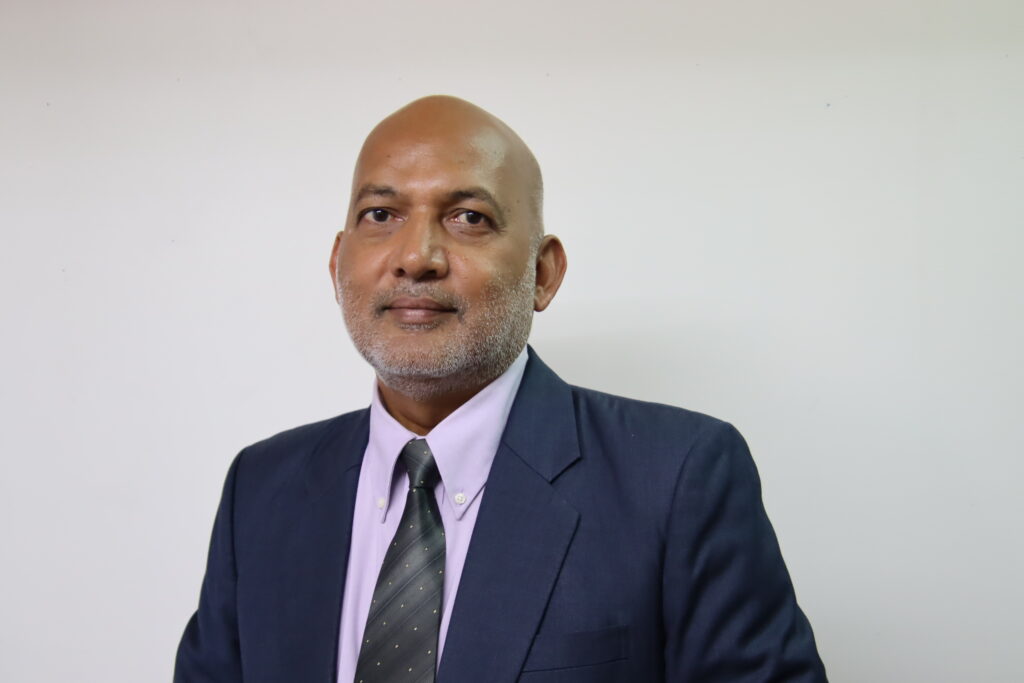
Mr. Raj, aged 54, is based in Nadi, operating as an independent consultant and adviser, working in areas relating to business development, planning, trade, investment, capacity building and reforms. His portfolio of clients covers private sector operators, and regional and non-government organisations in supporting growth for targeted impactful results.
Early in his career, he worked as a civil servant with the Bureau of Statistics and later joined the Fiji Trade and Investment Bureau where he also served as the Secretary to the Board. He has worked as a Director and Trade Adviser at the Pacific Islands Forum Secretariat, and was appointed the Pacific Islands Representative to the ACP Group of States and the European Union (EU), based in Brussels, Belgium to assist with the negotiation of the now ‘Samoa Agreement’.
Mr Raj has a multi-disciplinary qualification from Canada, Fiji and France – a Masters in development economics, with first degrees in economics, management and information systems.
Ms. Elizabeth Naevo
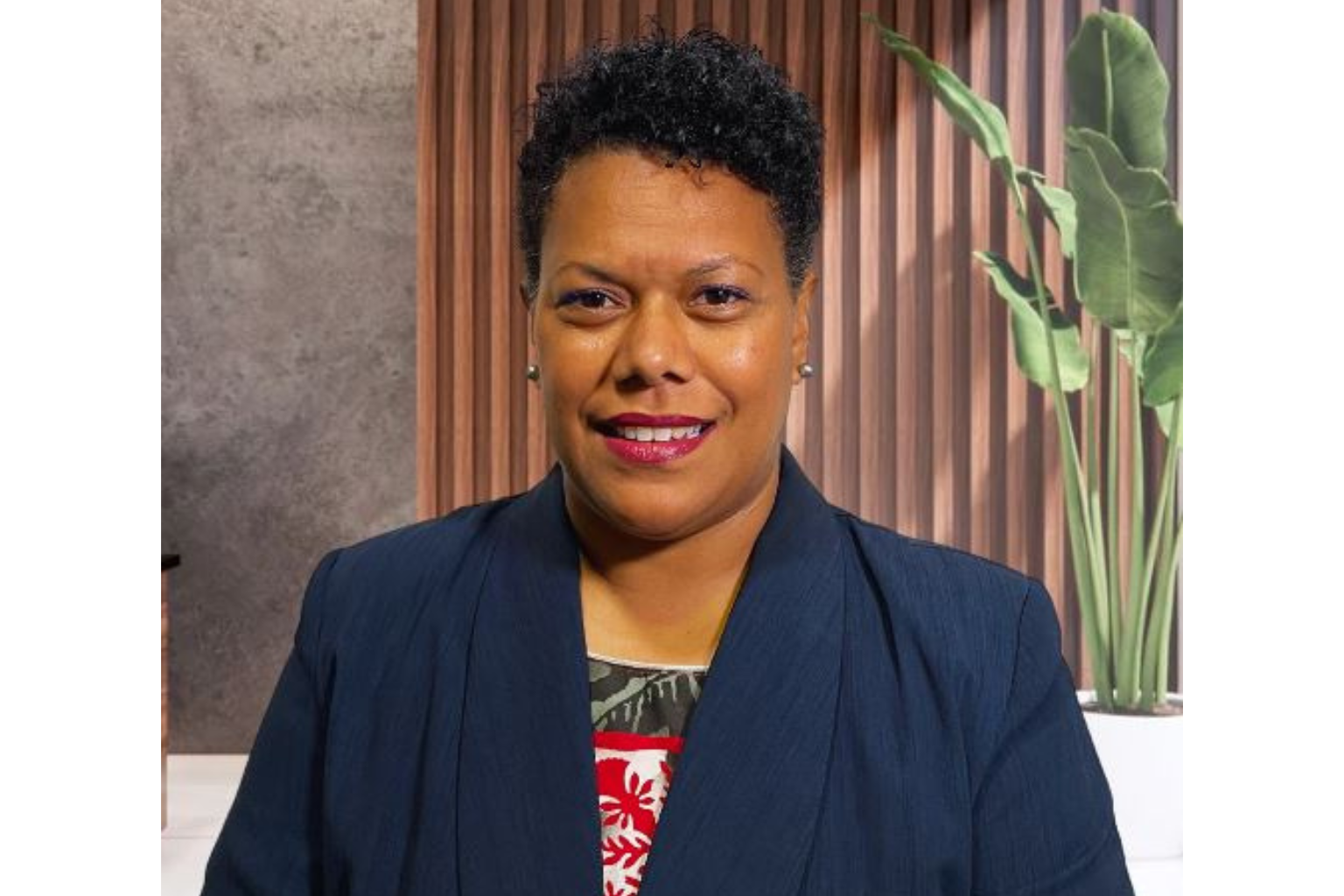
Ms. Naevo is a community leader, event specialist, and development advocate with over 20 years of experience in tourism, events, design, and grassroots initiatives. She holds a Bachelor of Spatial Design from Auckland University of Technology, a Trade Certificate in Graphic Design (distinction), and is pursuing a Professional Diploma in Business Management at USP.
Ms. Elizabeth has worked with leading hotel brands such as Sheraton, Hilton, and Marriott, and played a key role in managing large-scale events, including the 2019 ADB Annual Meeting in Fiji. Her expertise spans logistics, revenue generation, and stakeholder engagement.
Beyond her professional work, she is deeply involved in community empowerment. She leads women’s farming initiatives, youth sports programs, and cultural revival projects in Nawaka and Solovi. She also co-founded the Eteni Rukunirara Youth Rugby Club.
Her passion for service, leadership, and community development brings valuable insight and dedication to the Board.
Ms Anabel Ali
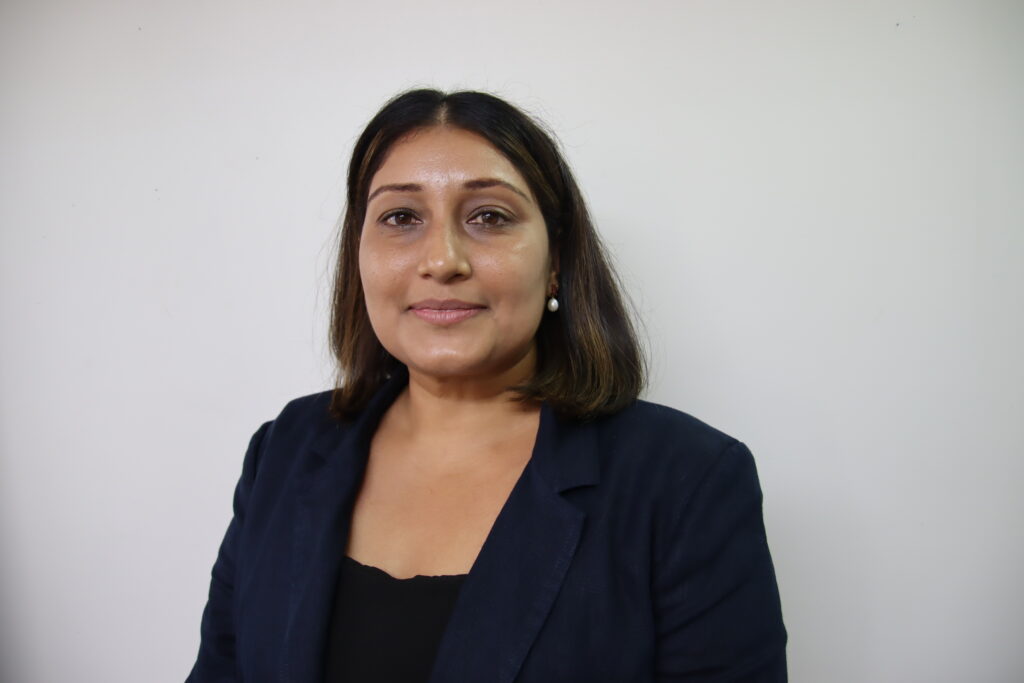
Ms. Ali is a financial and governance professional with over 15 years of experience. She currently serves as the Group Financial Controller for Fiji Fish Marketing Group and its entities. A Certified Practicing Accountant Australia (CPA) and the Australian Institute of Company Directors (AICD), Anabel holds an MBA and a BA in Accounting and Public Administration from the University of the South Pacific.
Passionate about community development, Anabel chairs the Board of Habitat for Humanity Fiji and is a Trustee and Board member of WOWs (Kids) Fiji. She has held numerous board roles across public and non-profit sectors and was honored with the Prime Minister’s National Youth Award as a Community Champion. Ms. Anabel is a Leadership Fiji alumni and a committed advocate for streamlined governance in both the private and public sectors.
Mr. Amitesh Deo
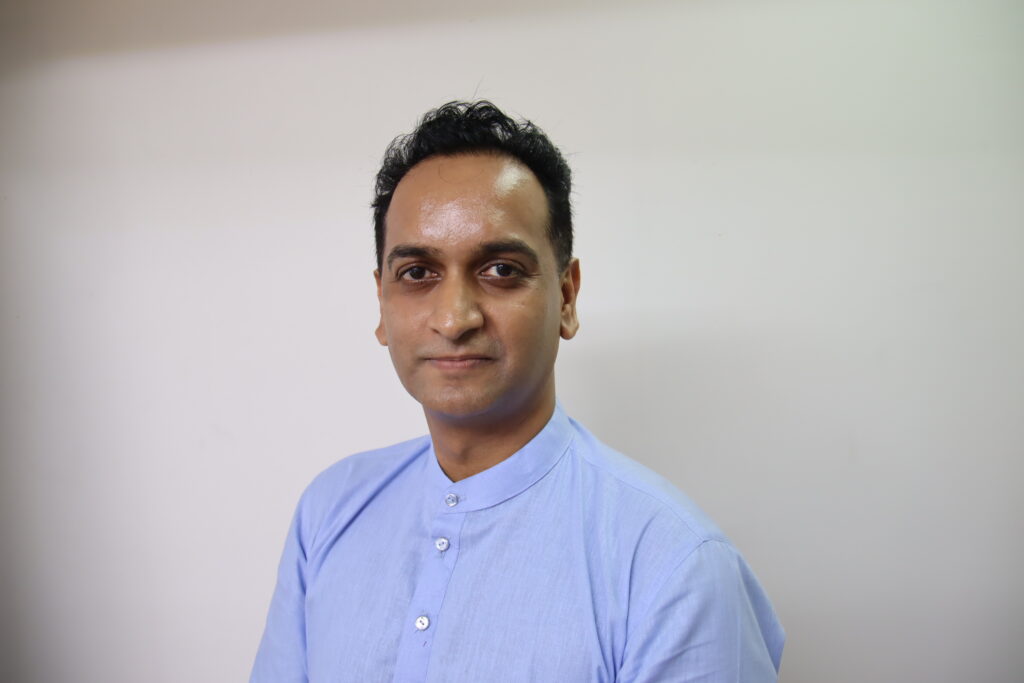
Mr. Deo is the Founder and Director of the Pacific Recycling Foundation and Director & CEO of Waste Recyclers Fiji Ltd, with over 20 years of experience in business management, sustainability, and community advocacy. Educated in Business Administration at Cambridge International College, he holds multiple international diplomas in accounting and business.
Mr. Deo is the Founder and Director of the Pacific Recycling Foundation and Director & CEO of Waste Recyclers Fiji Ltd, with over 20 years of experience in business management, sustainability, and community advocacy. Educated in Business Administration at Cambridge International College, he holds multiple international diplomas in accounting and business.
He has led transformative recycling initiatives across Fiji and the Pacific, including the “I Recycle Hub” and “Recycling on the Go” programs. He has provided regional mentorship in Tonga, Vanuatu, and the Cook Islands and serves as Secretariat for the Pacific Recyclers Alliance.
His past roles include Operations Manager at the Fiji Women’s Crisis Centre, where he now serves on the Board of Trustees. A published author, his novella “Amma…a frail wooden door” gained national recognition in 2012.
Mr. Amitesh is committed to inclusive environmental solutions, youth empowerment, and social justice, making him a respected leader in both the environmental and community development sectors.
Ms. Mereoni Rakatia
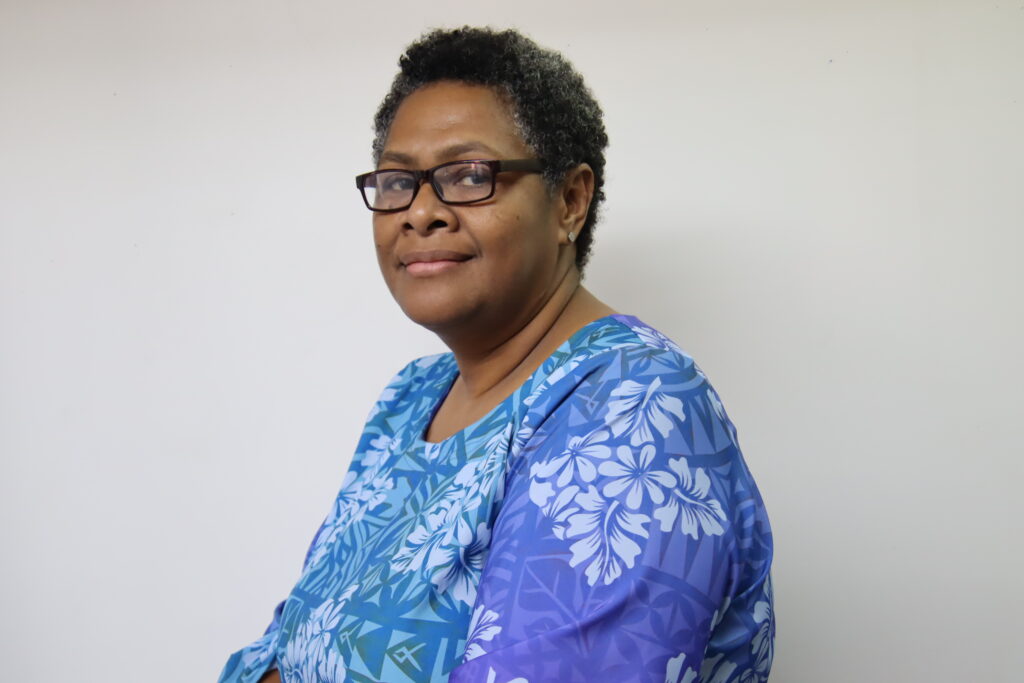
Ms. Rakatia is a seasoned professional with a background in commerce, public administration, and community leadership. She holds a Bachelor of Commerce from the University of the South Pacific and is completing a second degree in Law. Her training spans accident investigation, OHS, ERP systems, and web design.
She served as Board Secretary for the iTaukei Affairs Board (2016–2019), focusing on change management. She has worked as a consultant with the Native Land Commission, TLTB, and Mineral Resource Department, and contributed to hotel risk management with Vesi Security.
Her deep commitment to service is evident in over a decade of voluntary work, including with the Soqosoqo Vakamarama in Naitasiri and Nadroga, water committees in Tikina Tuva and Malomalo, and the St John Association of Fiji in finance and HR.
Ms. Mereoni brings a strong understanding of indigenous governance, policy, and grassroots development—making her a valuable voice for traditional and contemporary leadership.
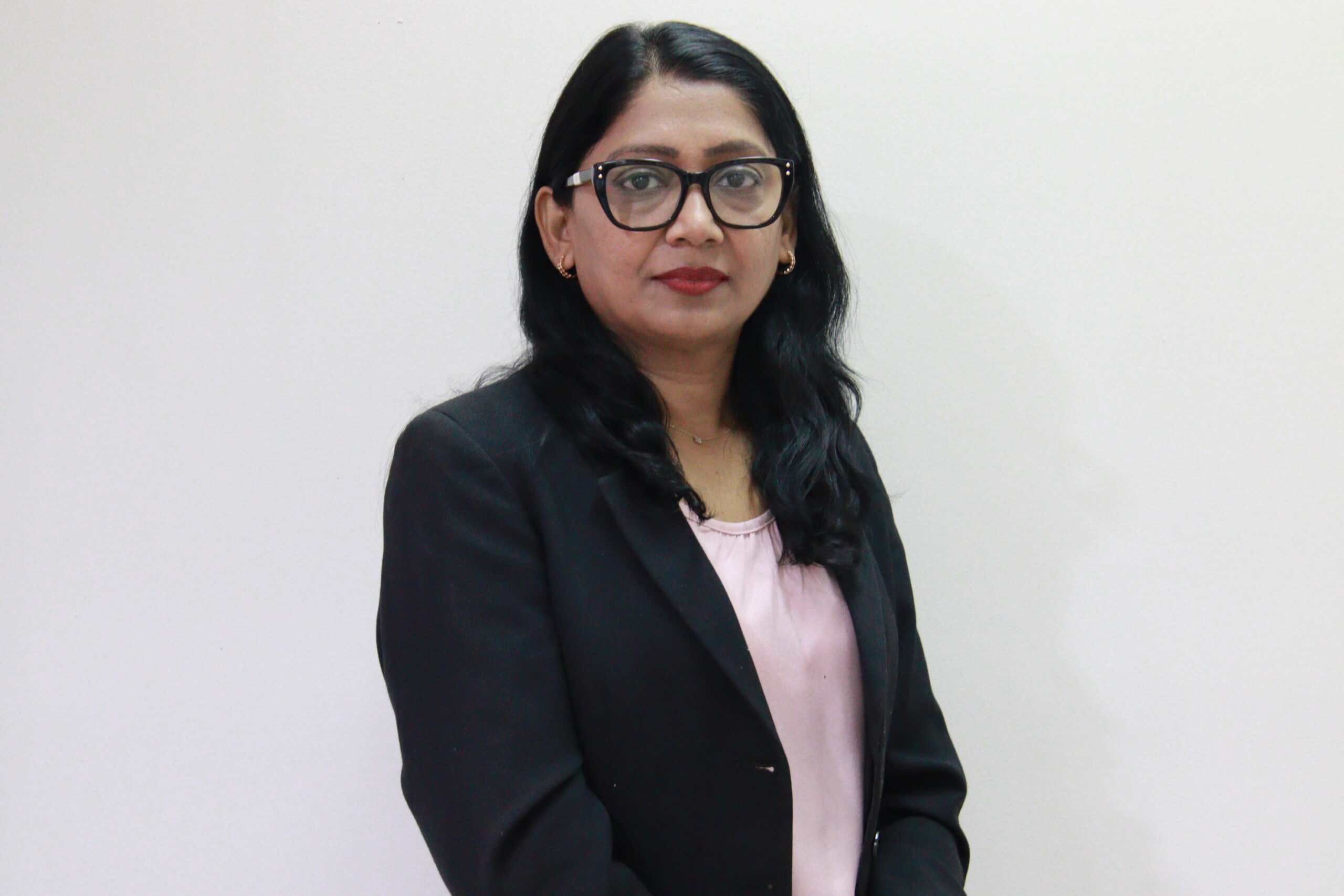
Seema Shandil
Chief Executive Officer
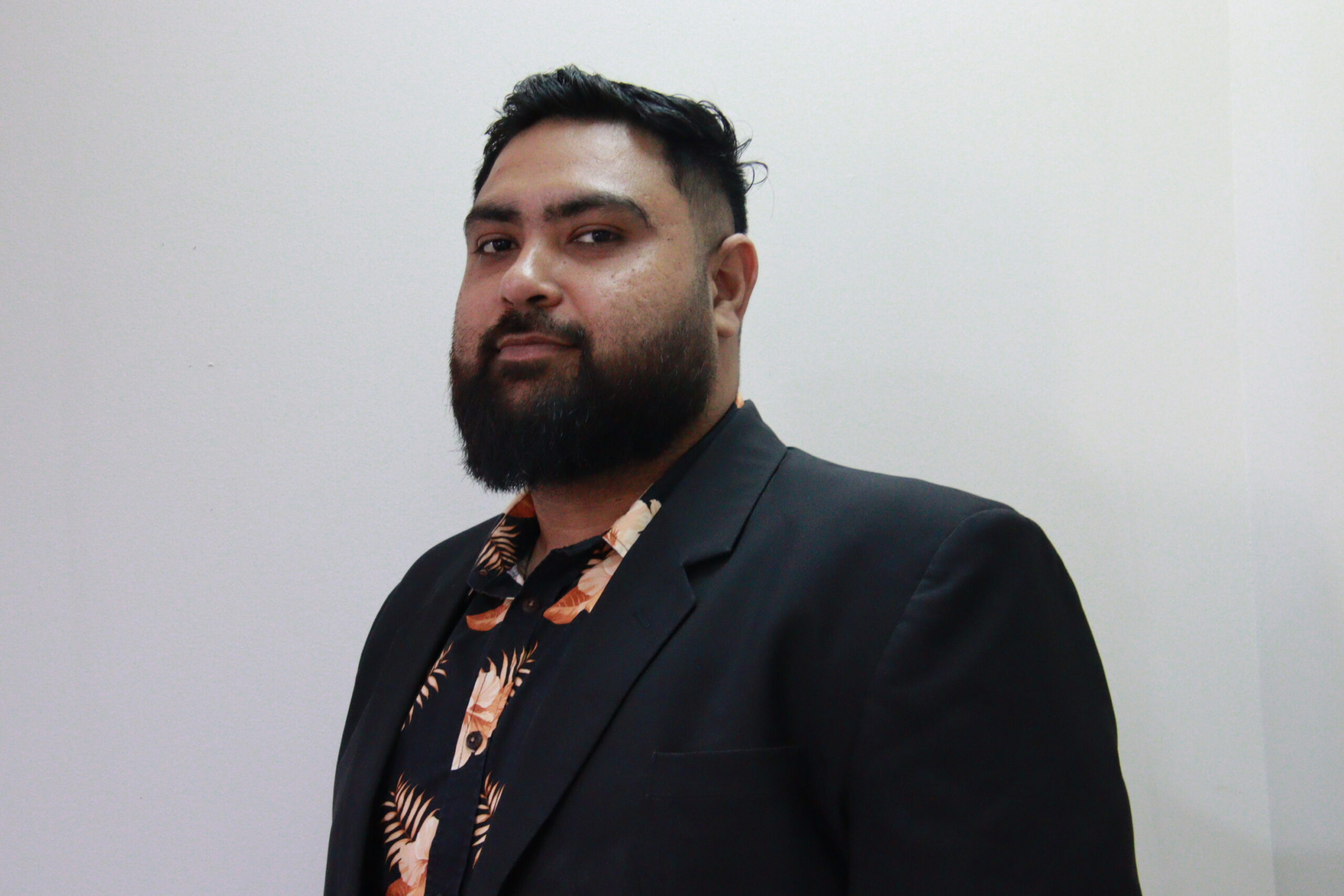
Ziyad Parvez
Manager Campaigns, Information and Media
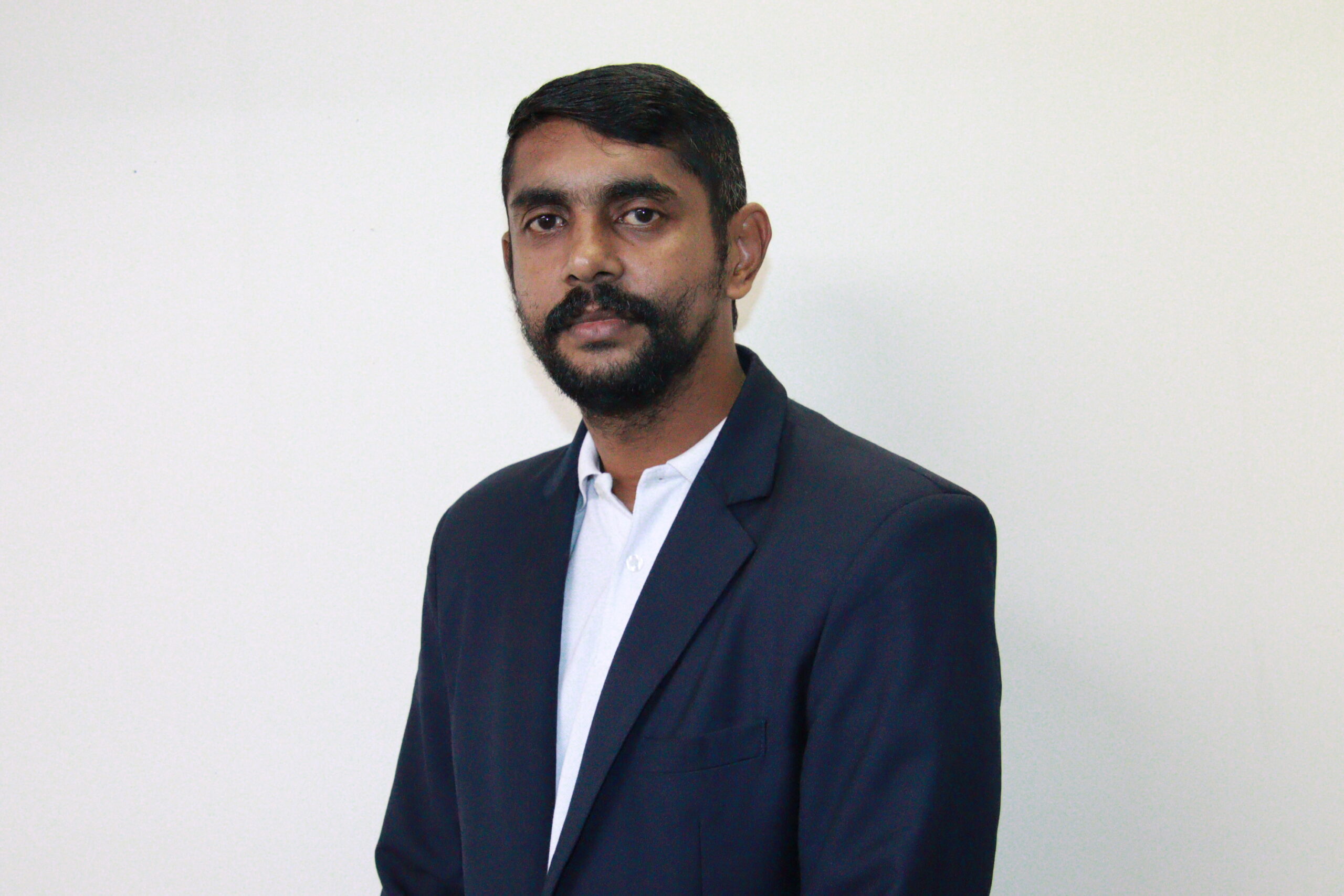
Kavitesh Pal
Manager Finance and Administration
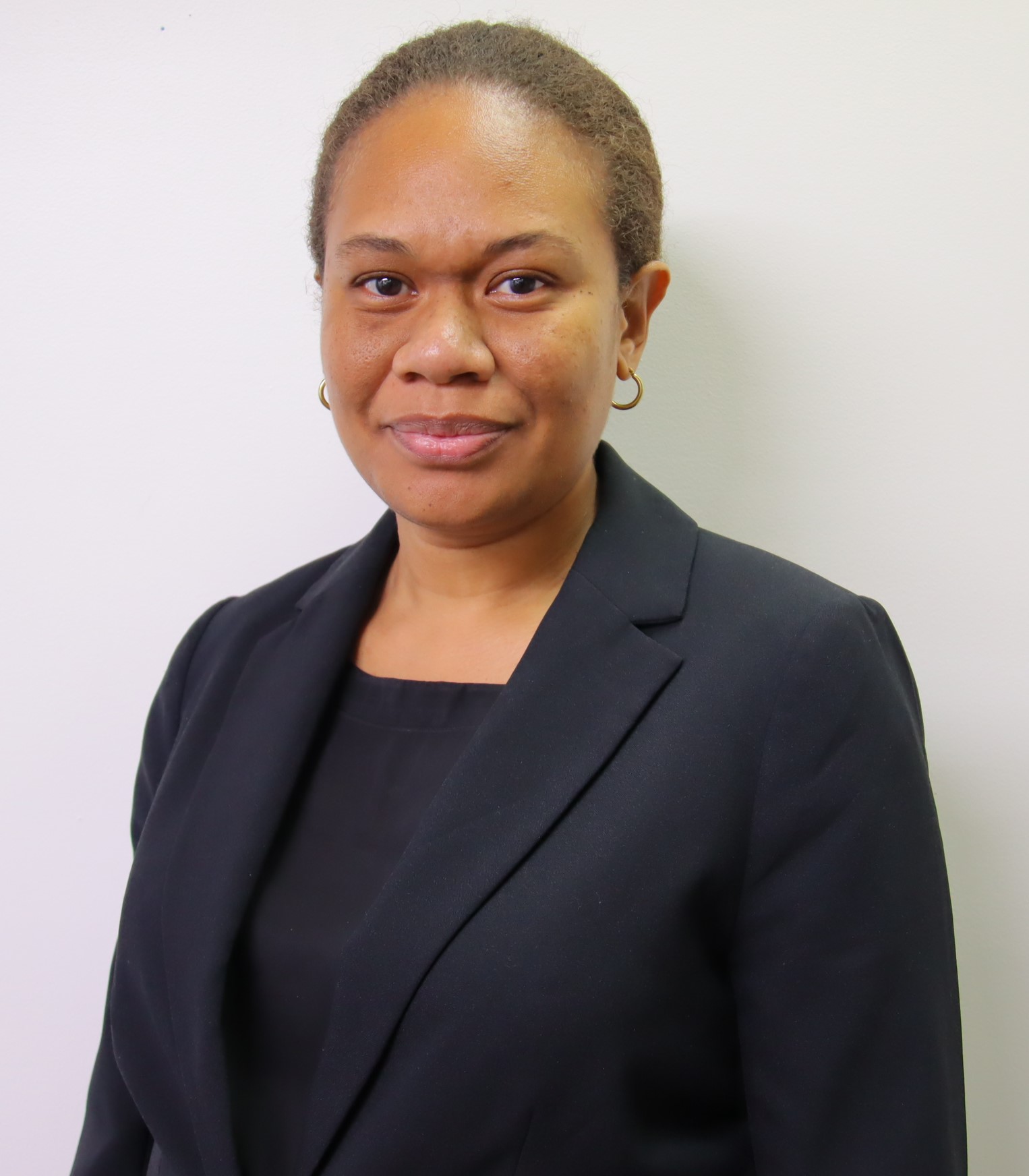
Lusia Rabaka
Senior Research Officer

Neha Ali
Manager Alternate Dispute Resolution
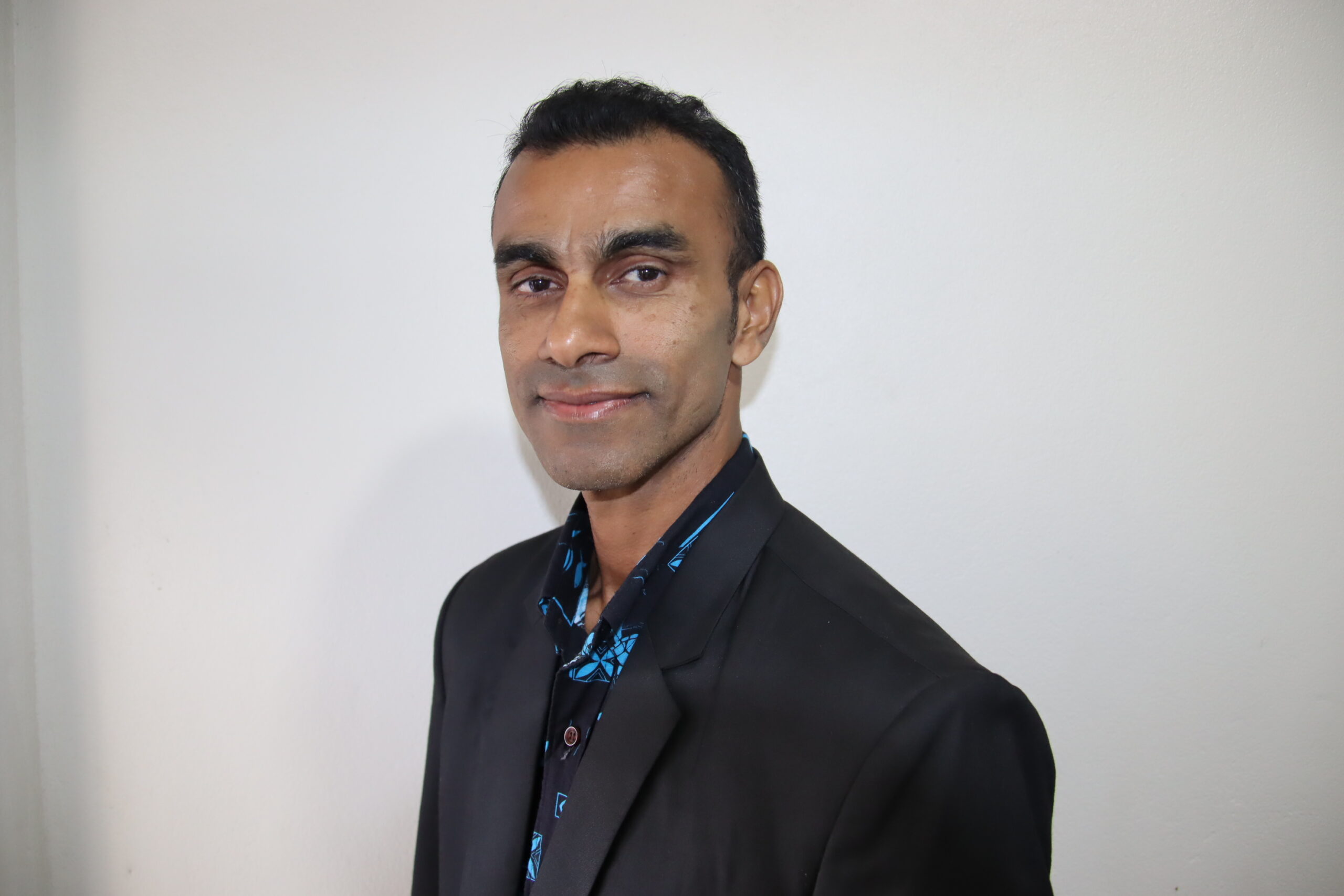
Venkateshwar Narayan
Regional Coordinator Labasa
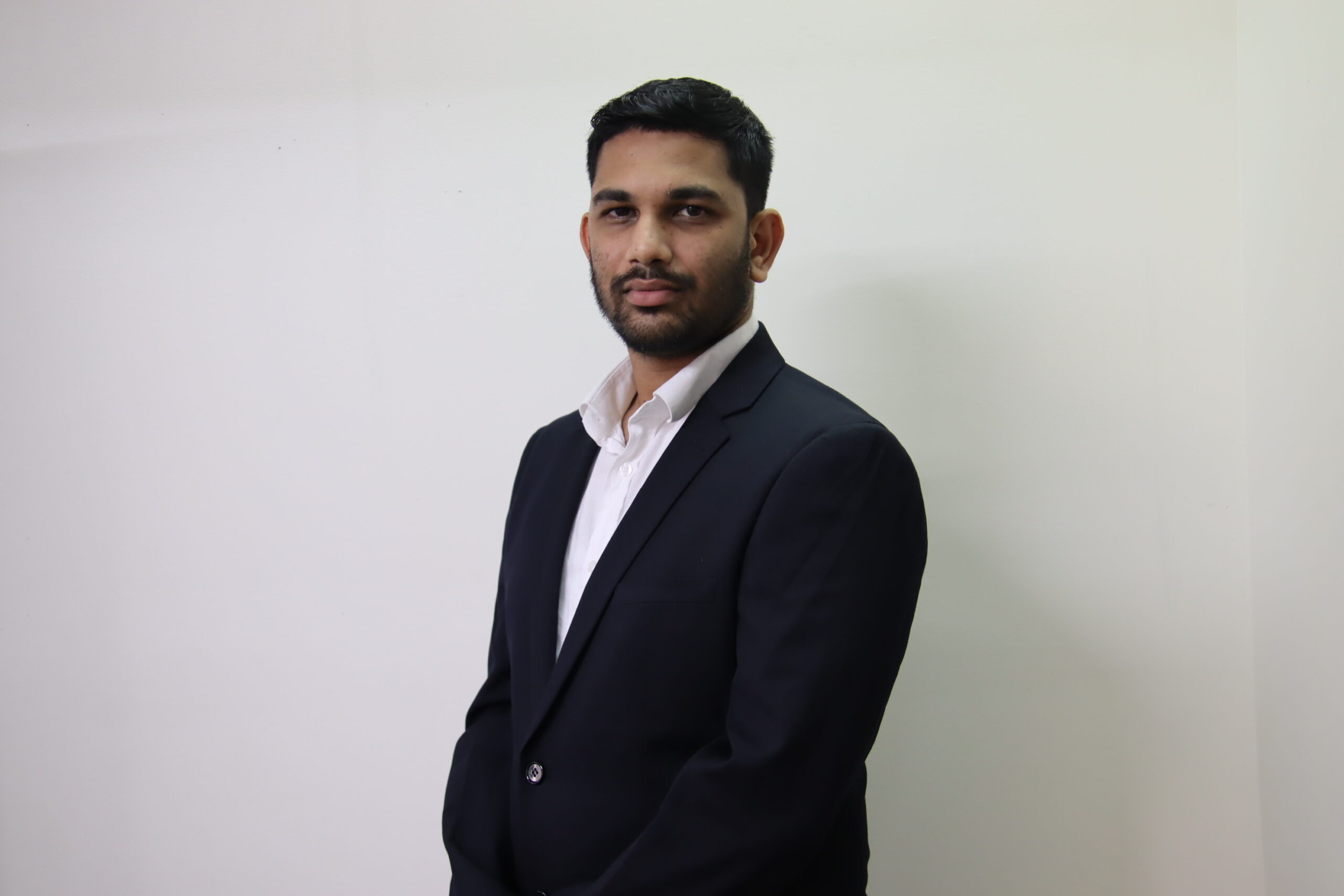
Shovneel Ram
Research Officer
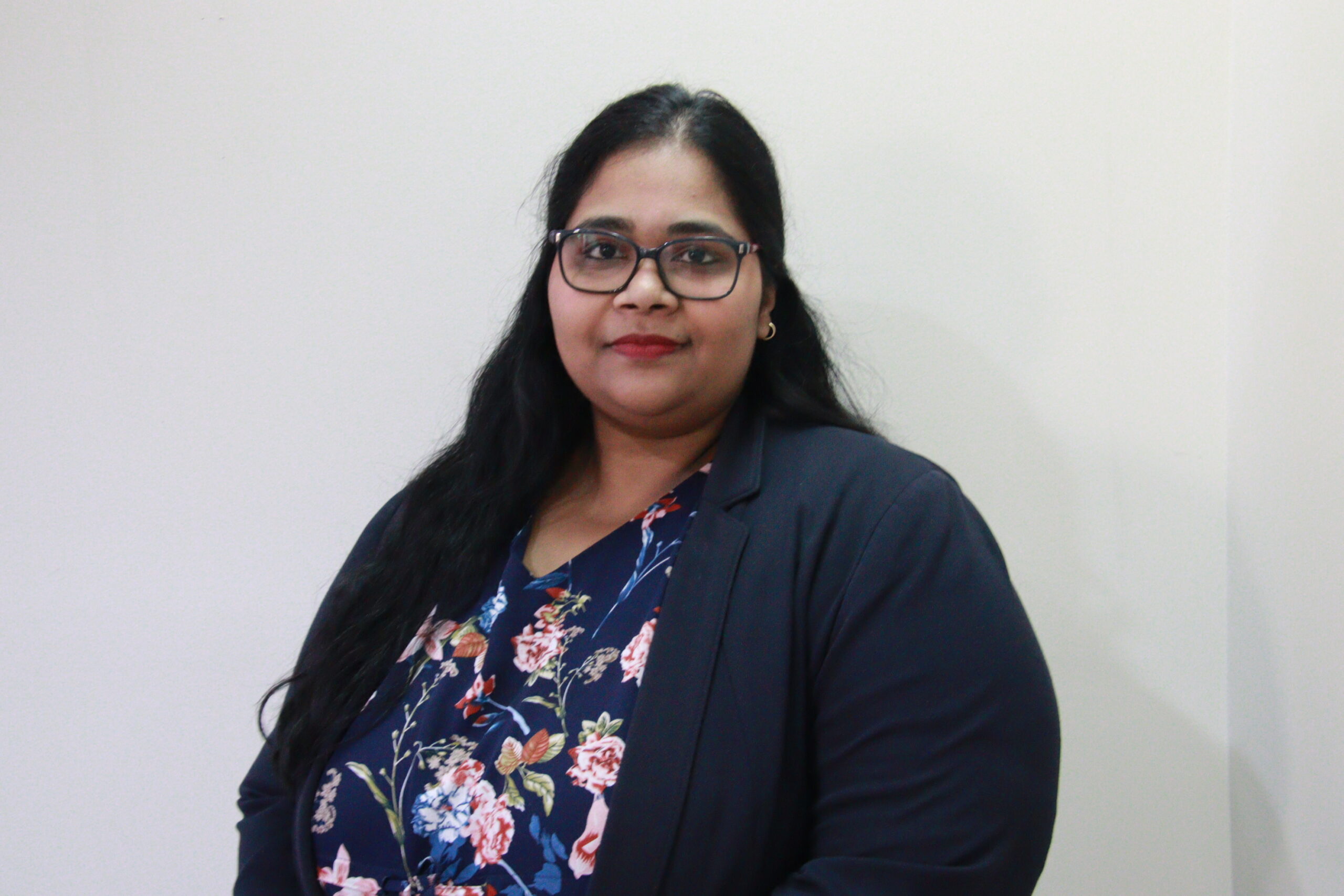
Rabia Ali
Assistant Research Officer

Vacant Position
Complaint Management and Data Entry Officer
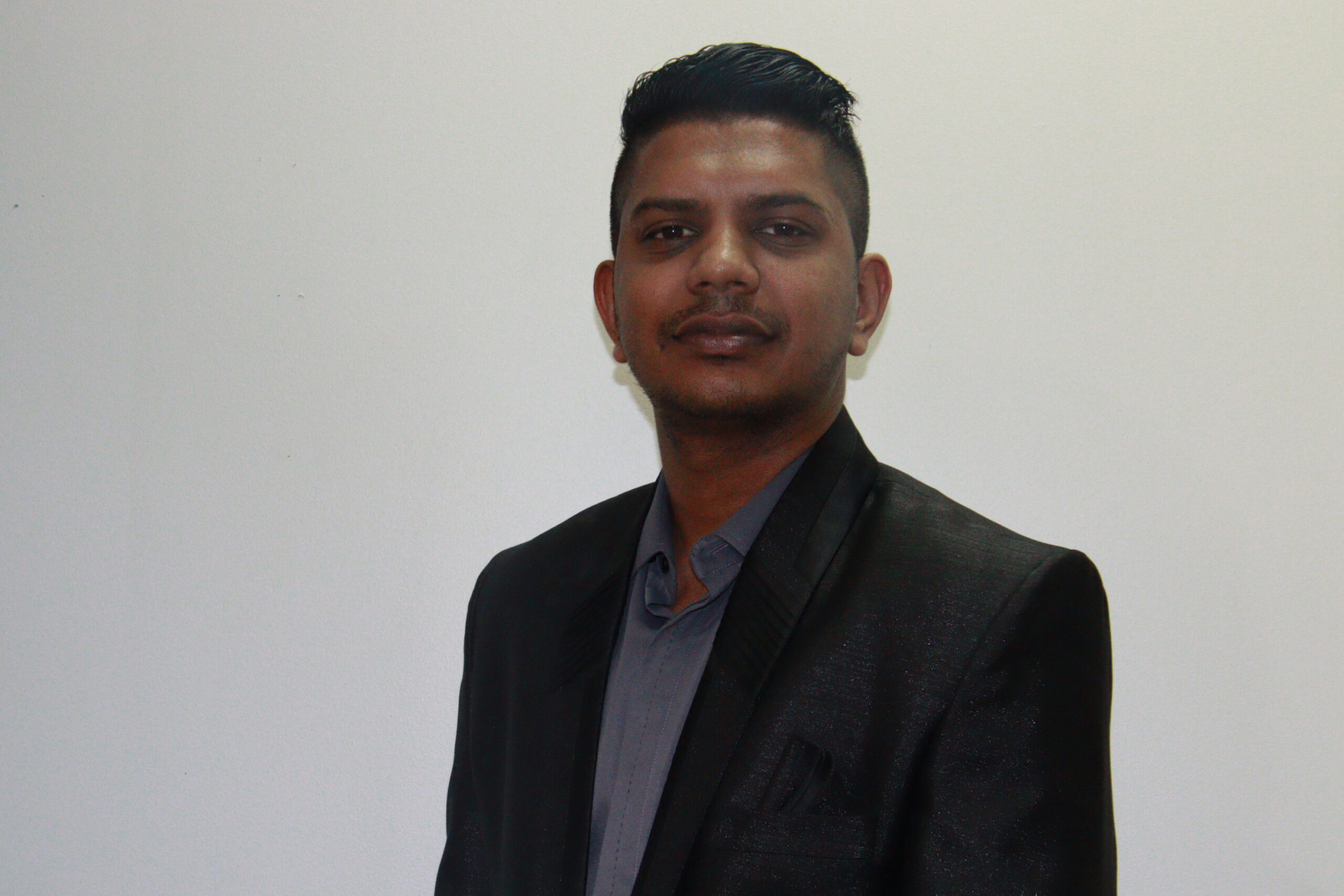
Prashant Chand
Consumer Officer
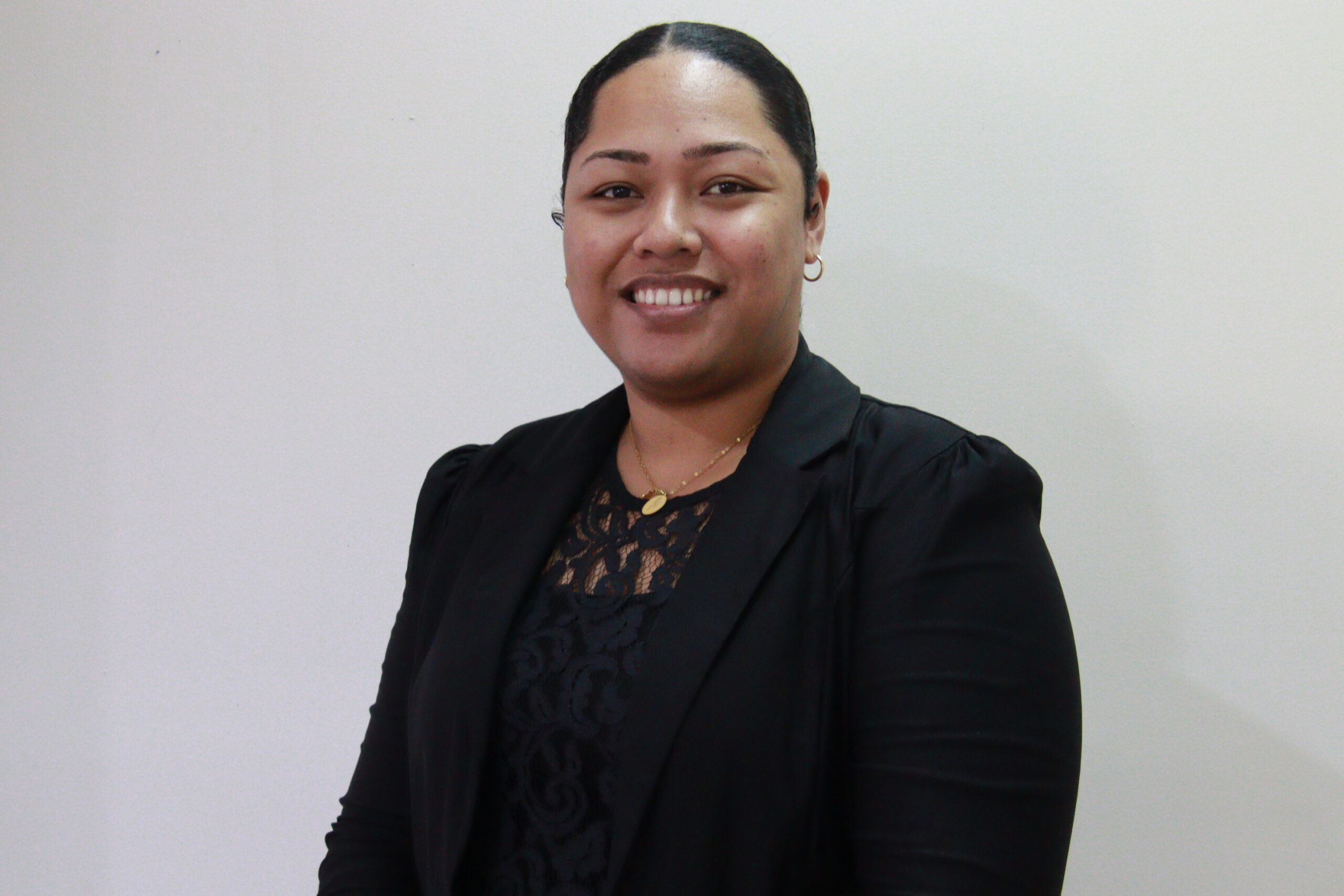
Sotia Laisa Lomani
Consumer Officer

Samuela Cama
Consumer Helpline Officer
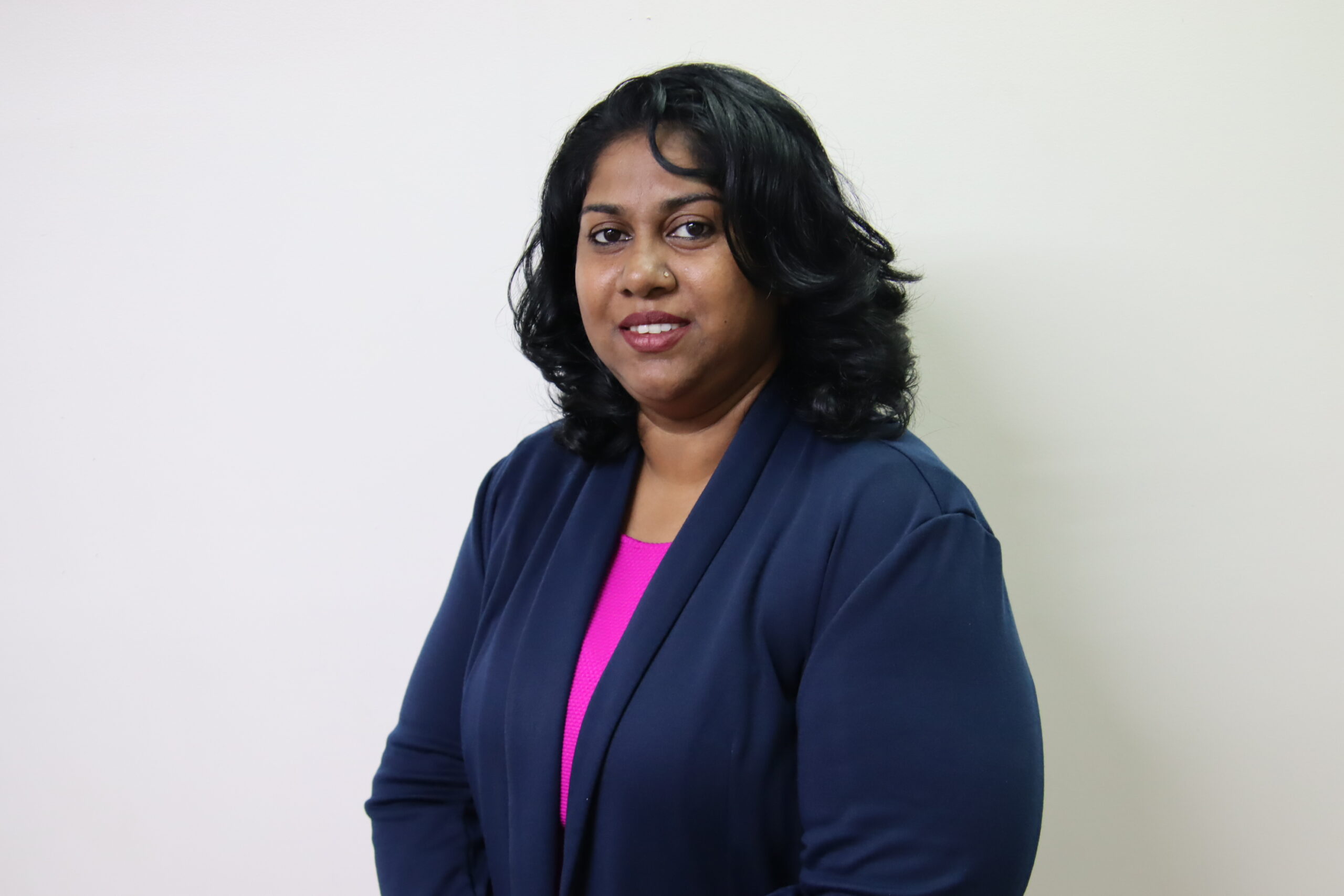
Ranjaline Reddy
Human Resource and Training Officer
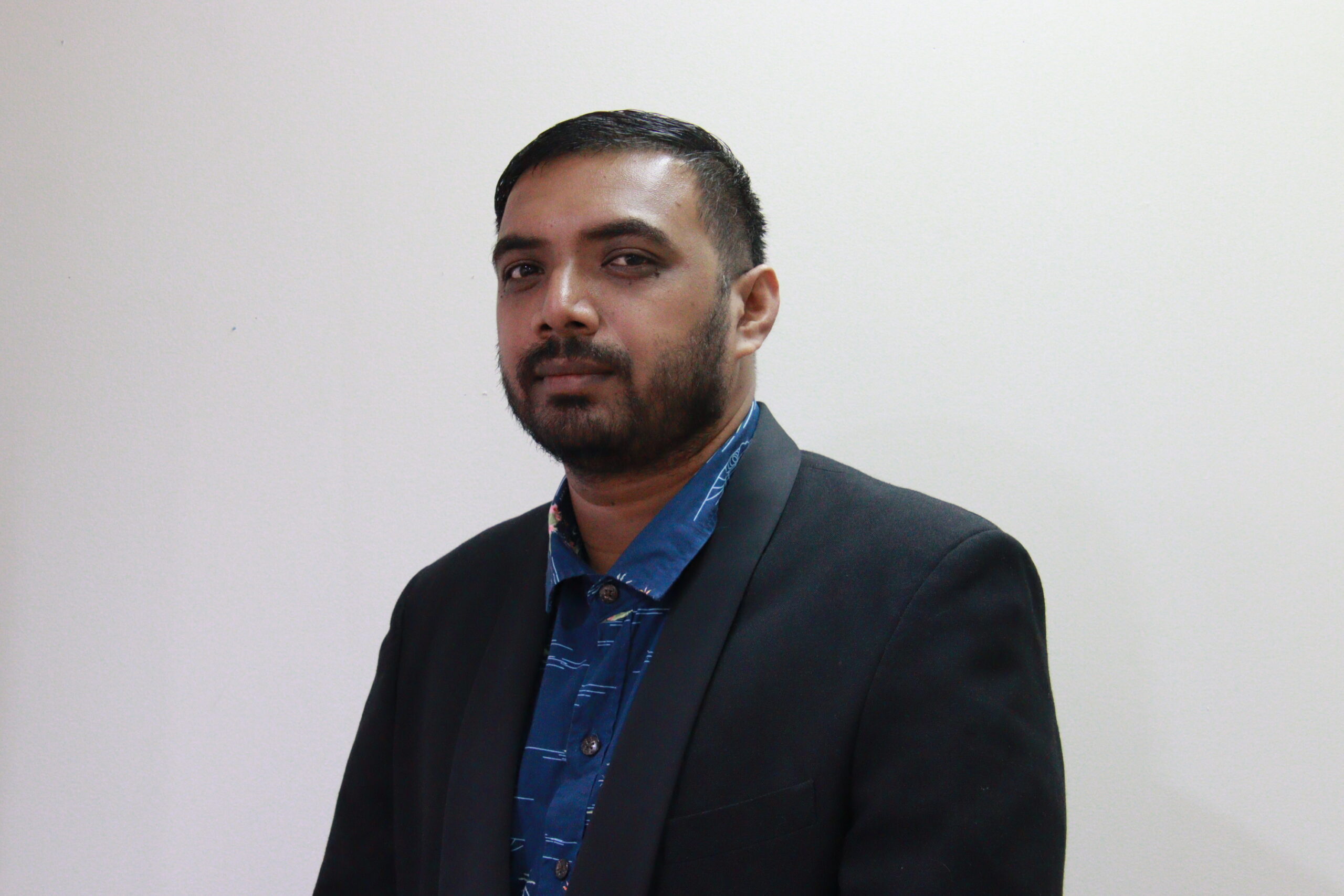
Ashneel Kumar
Assistant Admin Officer
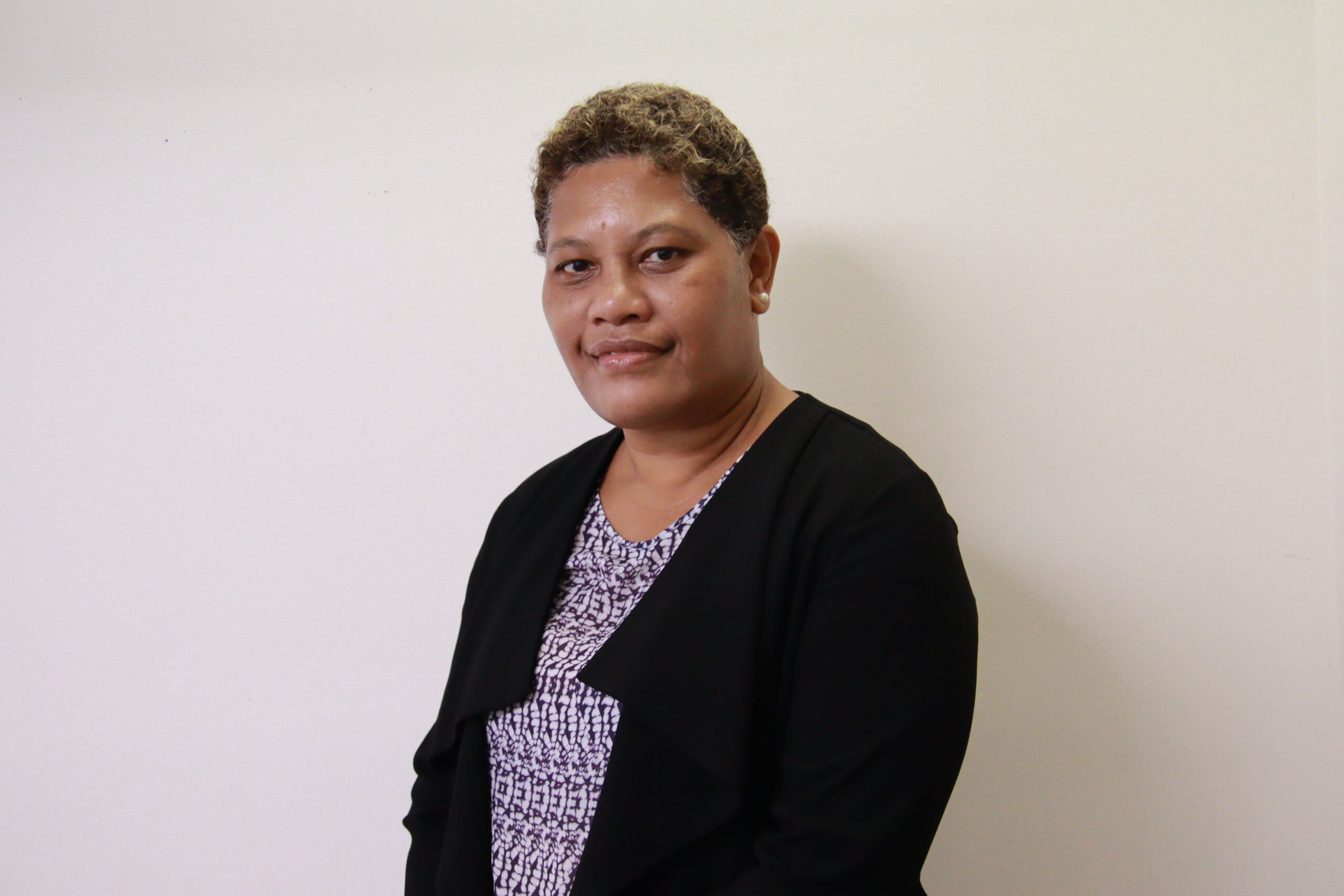
Caroline Koto
Receptionist, Clerical and Administrative Officer
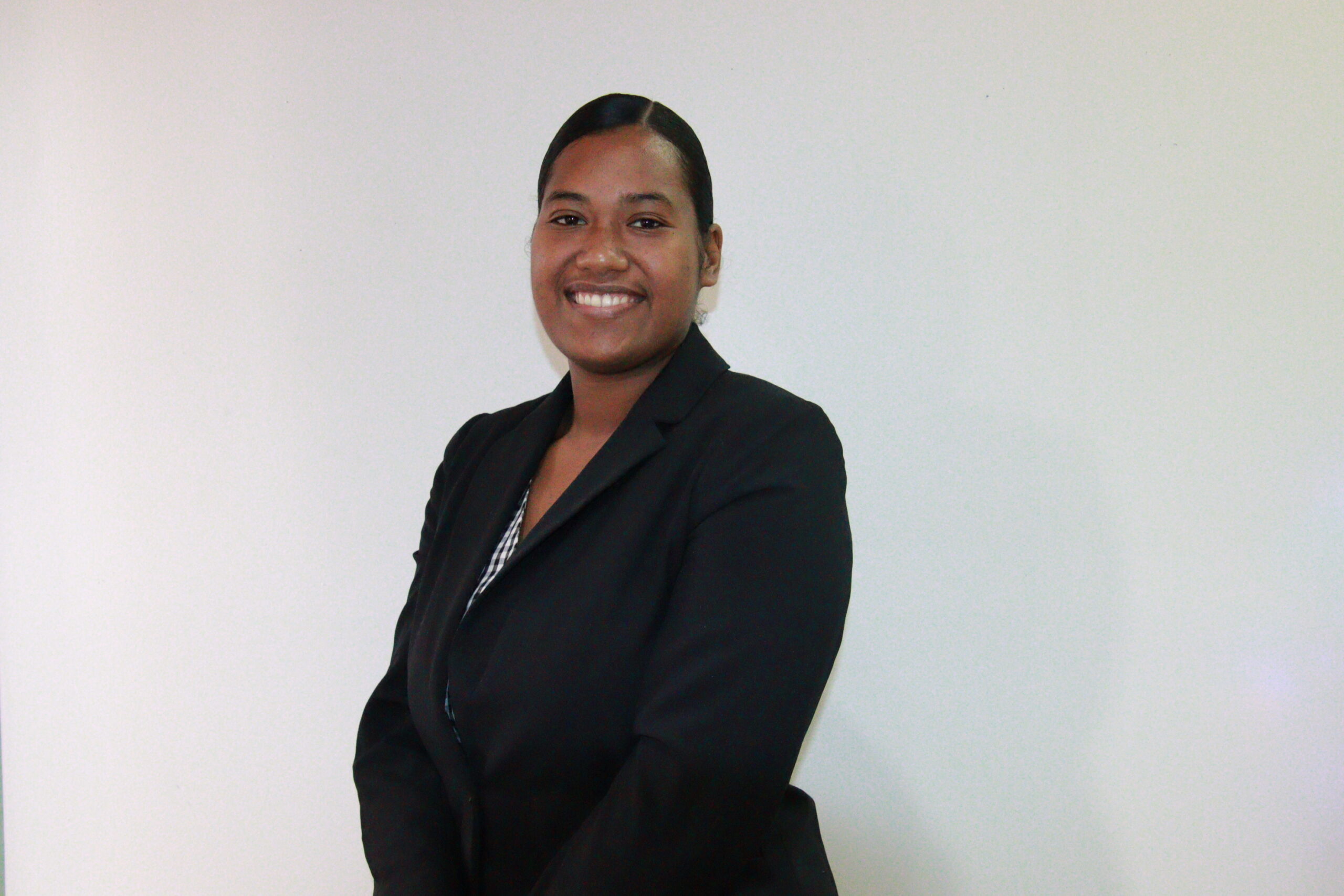
Ruci Grace
Assistant Finance Officer

Nikhil Singh
Executive Officer
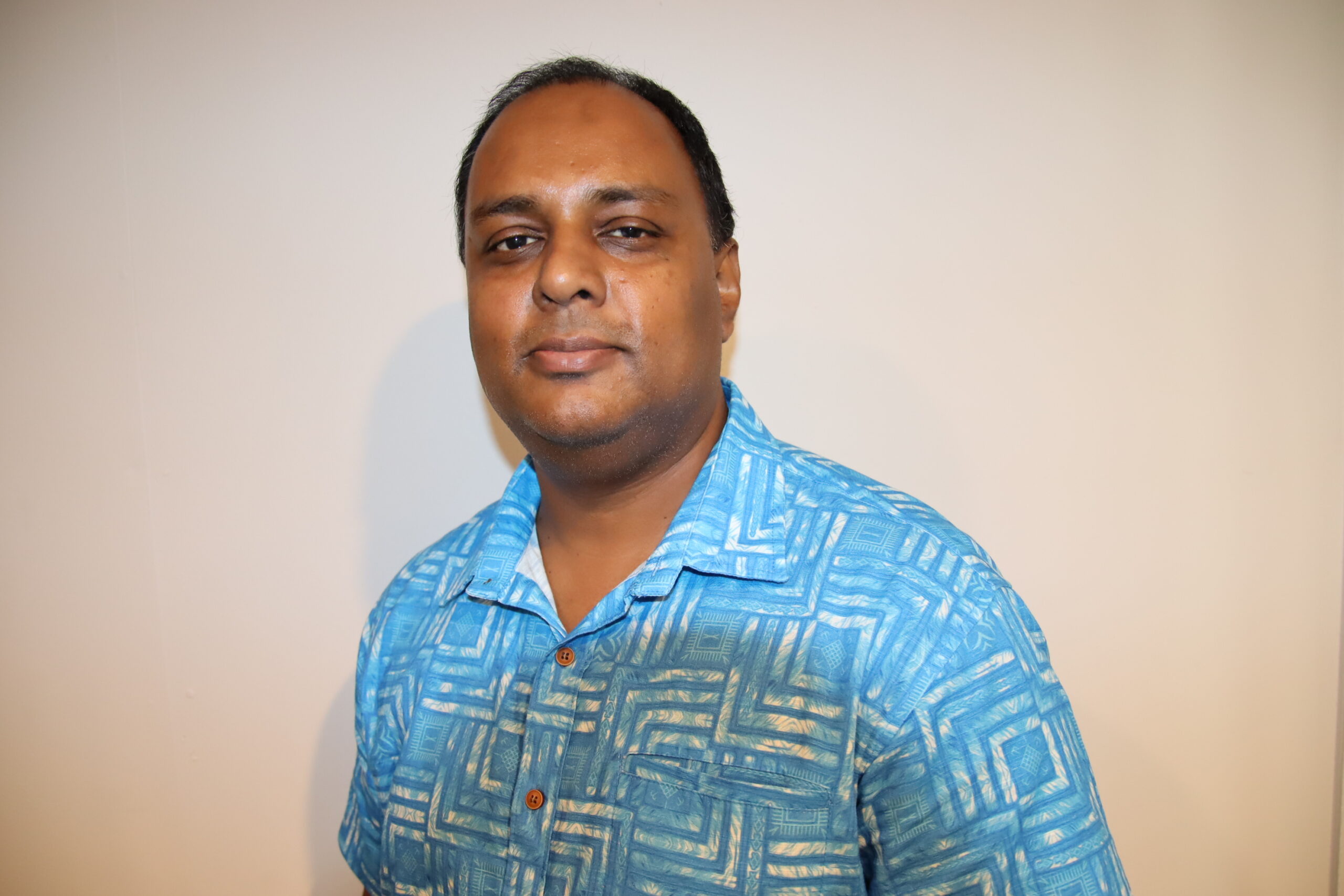
Atish Nand
Regional Coordinator Lautoka
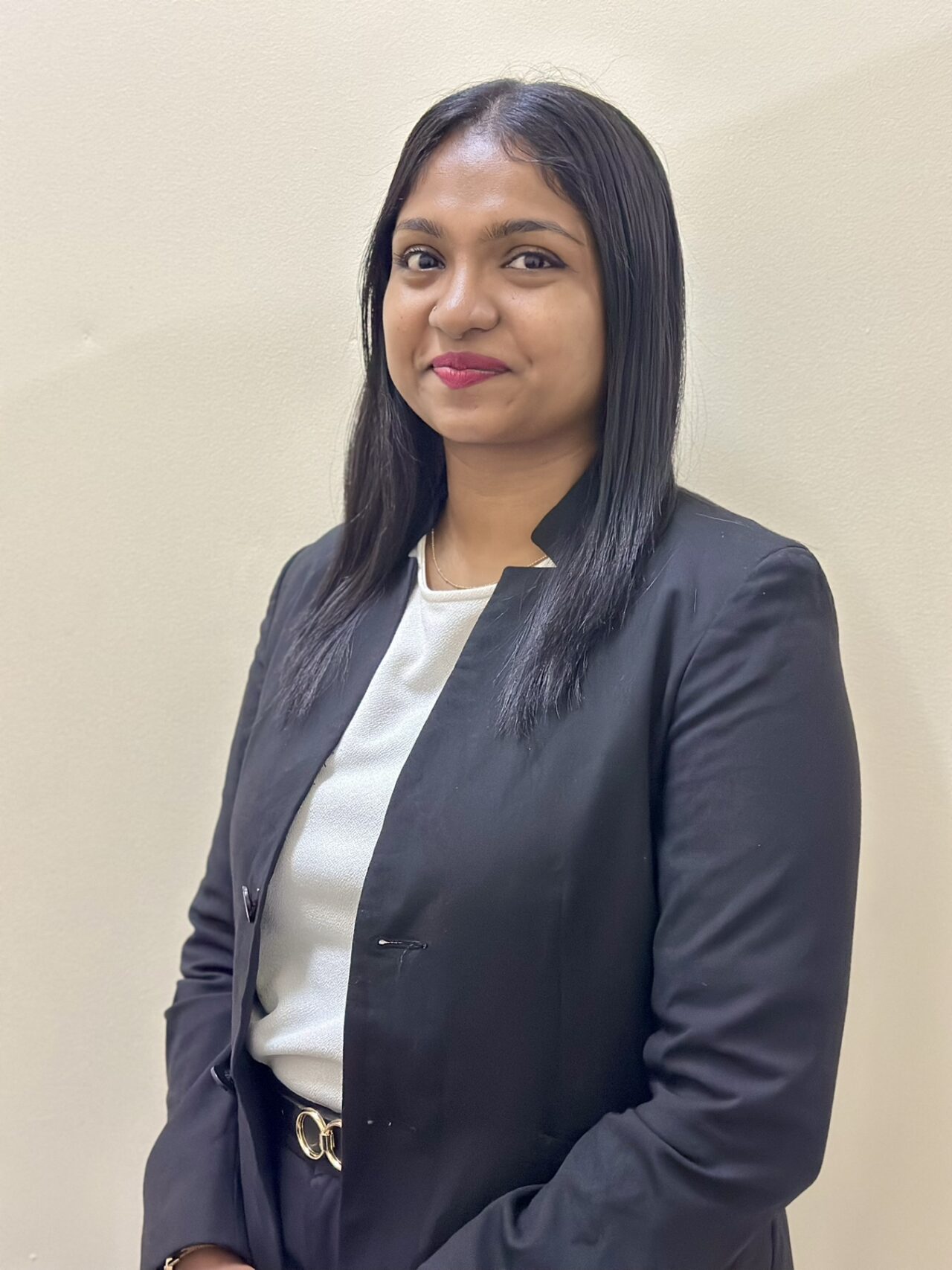
Rupanshi Prakash
Assistant Consumer Officer - Lautoka Office
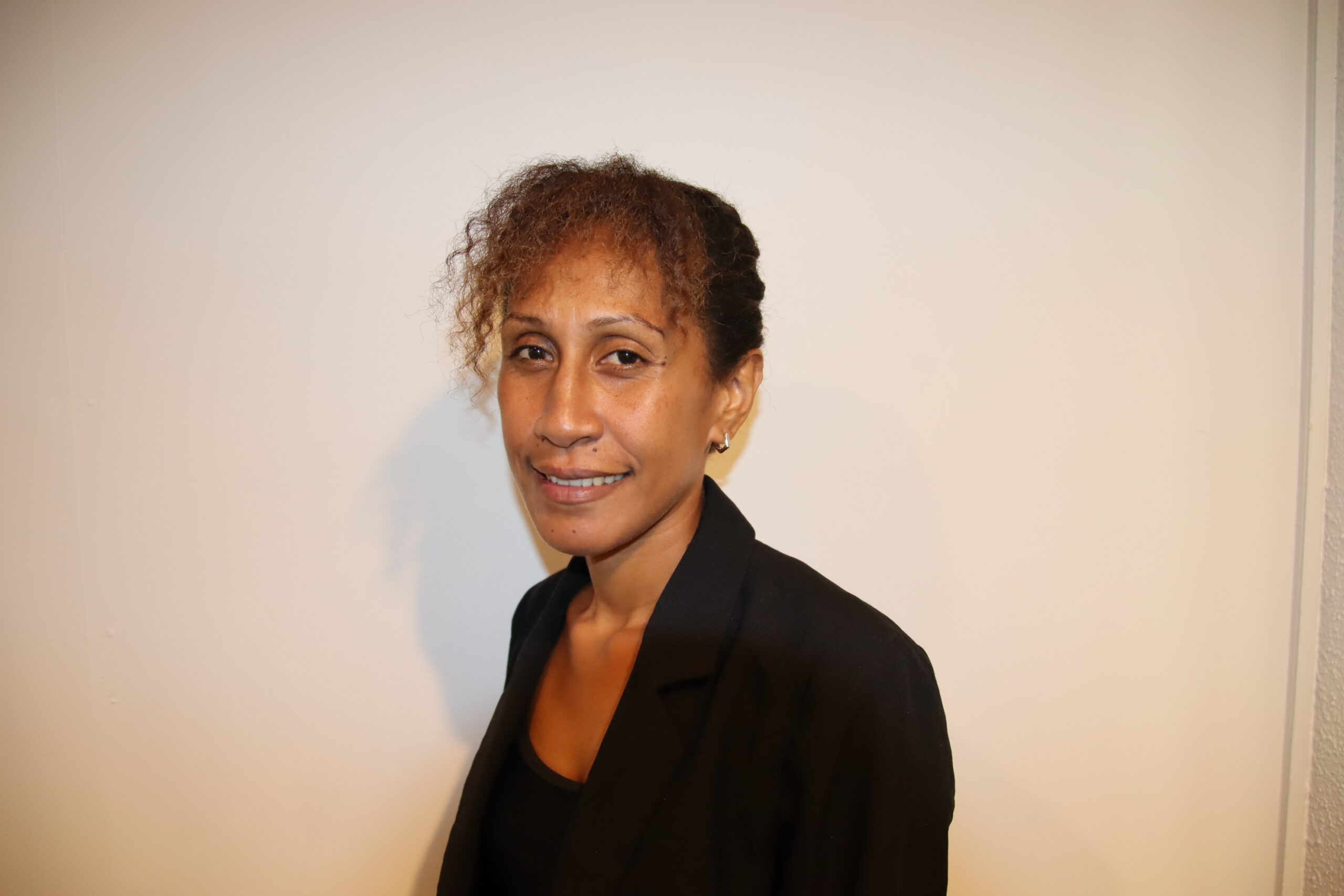
Senivesi Lutu
Consumer Officer - Labasa Office

Shaneha Kumar
Assistant Consumer Officer - Lautoka
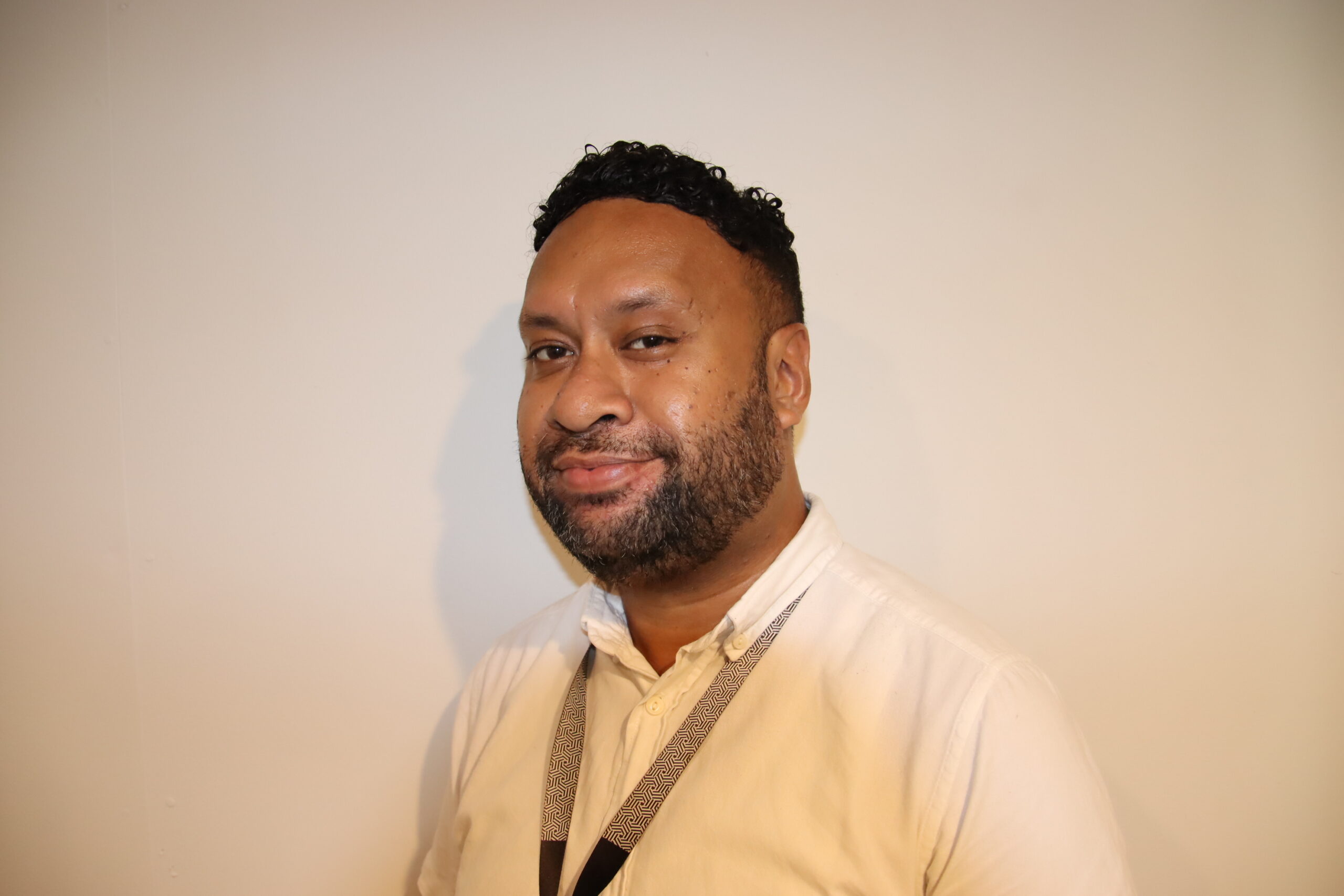
James Vakacabeqoli
Consumer Officer - Lautoka Office

Serupepeli Finau
Campaigns Officer

Harsha Kumar
Media Officer

Shivyashni Prasad
Senior Media Officer

Nishalni Chand
Project Officer

Rafaele Nakidi
Assistant Consumer Officer - Labasa Office

Sahil Lal
Research & Debt Management Advisory Officer

Ranika Devi
Assistant Consumer Officer

Nanise Veikoso
Senior Consumer Officer
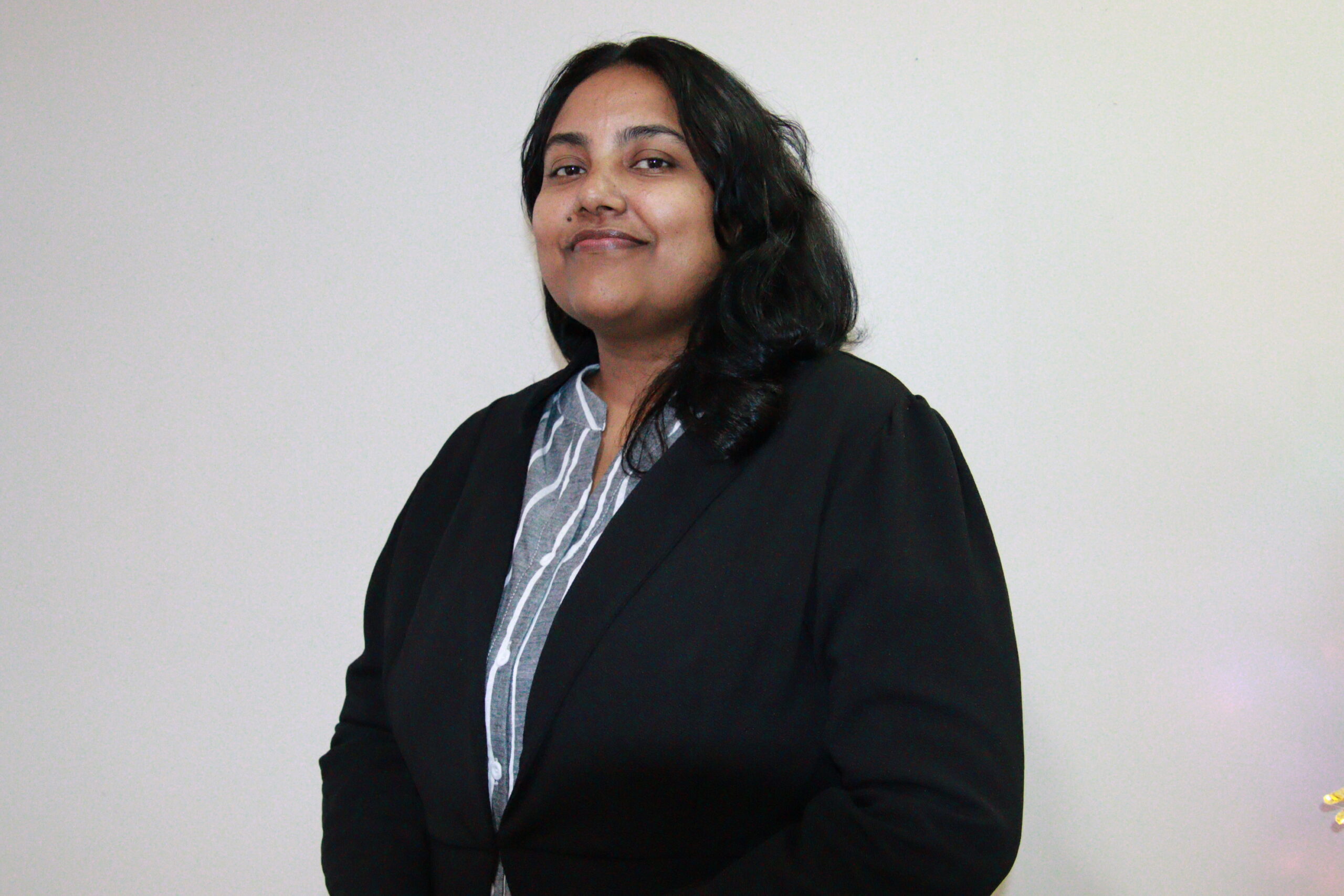
Arthi Naidu
Assistant Consumer Officer
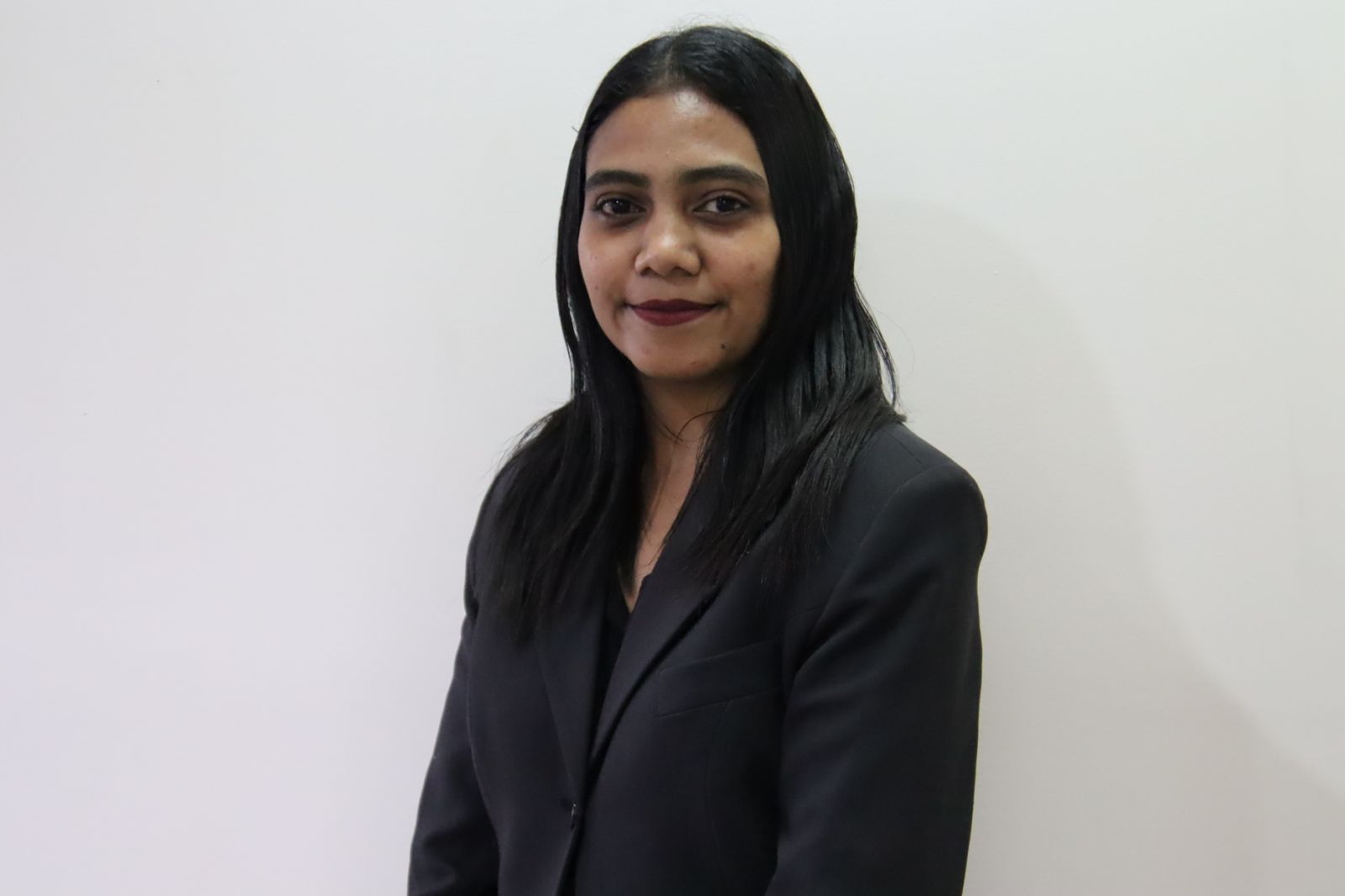
Amnah Bibi
Graduate Attachee

Vanshika Ram
Graduate Attachee
CONSUMER RIGHTS AND RESPONSIBILITIES

On 15 March, 1962, US President John F. Kennedy delivered a historic address to the US Congress in which he outlined his vision of consumer rights. This was the first time any politician had formerly set out such principles.
“Consumers by definition include us all, ” Kennedy said in his Congressional statement. They are the largest economic group , affecting and affected by almost every public and private economic decision. Yet they are the only important group…whose views are often not heard”
Over time, the consumer movement has developed this vision into a set of eight basic consumer rights which now define and inspire much of the work CI and its members do:
CONSUMER RIGHTS
The right to satisfaction of basic needs – To have access to basic, essential goods and services: adequate food, clothing, shelter, health care, education, public utilities, water and sanitation.
The right to safety – To be protected against products, production processes and services which are hazardous to health or life.
The right to be informed – To be given the facts needed to make an informed choice, and to be protected against dishonest or misleading advertising and labeling.
The right to choose – To be able to select from a range of products and services, offered at competitive prices with an assurance of satisfactory quality.
The right to be heard – To have consumer interests represented in the making and execution of government policy, and in the development of products and services.
The right to redress – To receive a fair settlement of just claims, including compensation for misrepresentation, shoddy goods or unsatisfactory services.
The right to consumer education – To acquire knowledge and skills needed to make informed, confident choices about goods and services, while being aware of basic consumer rights and responsibilities and how to act on them.
The right to a healthy environment -To live and work in an environment which is non-threatening to the well-being of present and future generations.
This set of eight consumer rights now guide the campaign and policy work of CI and consumer organizations in the world over.
CONSUMER RESPONSIBILITIES
Critical Awareness – the responsibility to be more alert and questioning about the price and quality of goods and services we use.
Action – the responsibility to assert ourselves and act to ensure that we get a fair deal. As long as we remain passive consumers we will be exploited.
Social concern – the responsibility to be aware of the impact of our consumption on other citizens, especially the disadvantaged or powerless groups whether in the local, national or international community.
Environmental Awareness – the responsibility to understand the environmental and other consequences of our consumption. We should recognize our individual and social responsibility to conserve natural resources and protect the earth for future generations.
Solidarity – the responsibility to organize together as consumers to develop the strength and influence to promote and protect our interest.

